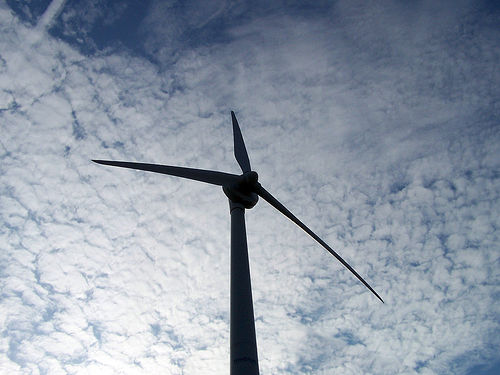
The role of gas in the external dimension of the EU energy transition

As an economically attractive option for investors, a potential backup source for renewables and the cleanest fossil fuel, natural gas is expected to play an important role in the European transition towards a low-carbon economy by 2050. At a time when European primary energy resources are being depleted and energy demand is growing, the gas import dependency of the EU will continue to grow significantly in the coming years. The EU is thus facing important challenges linked to its gas policy both internally, by attempting to create a competitive, interconnected and well-functioning internal market for gas; and externally, by struggling to develop a coherent and collective external strategy, which would allow it to both diversify and secure its gas supply from abroad. Meanwhile, new sources of unconventional gas could change the world’s energy markets with potential consequences for the EU. However, many uncertainties remain regarding their development within the EU. In view of all these challenges, this Policy Paper concludes by laying out concrete recommendations on how the EU could strengthen its gas strategy both internally and externally.
Notre Europe Policy Paper 79.
(Photo credit: Diego3336, Flickr)